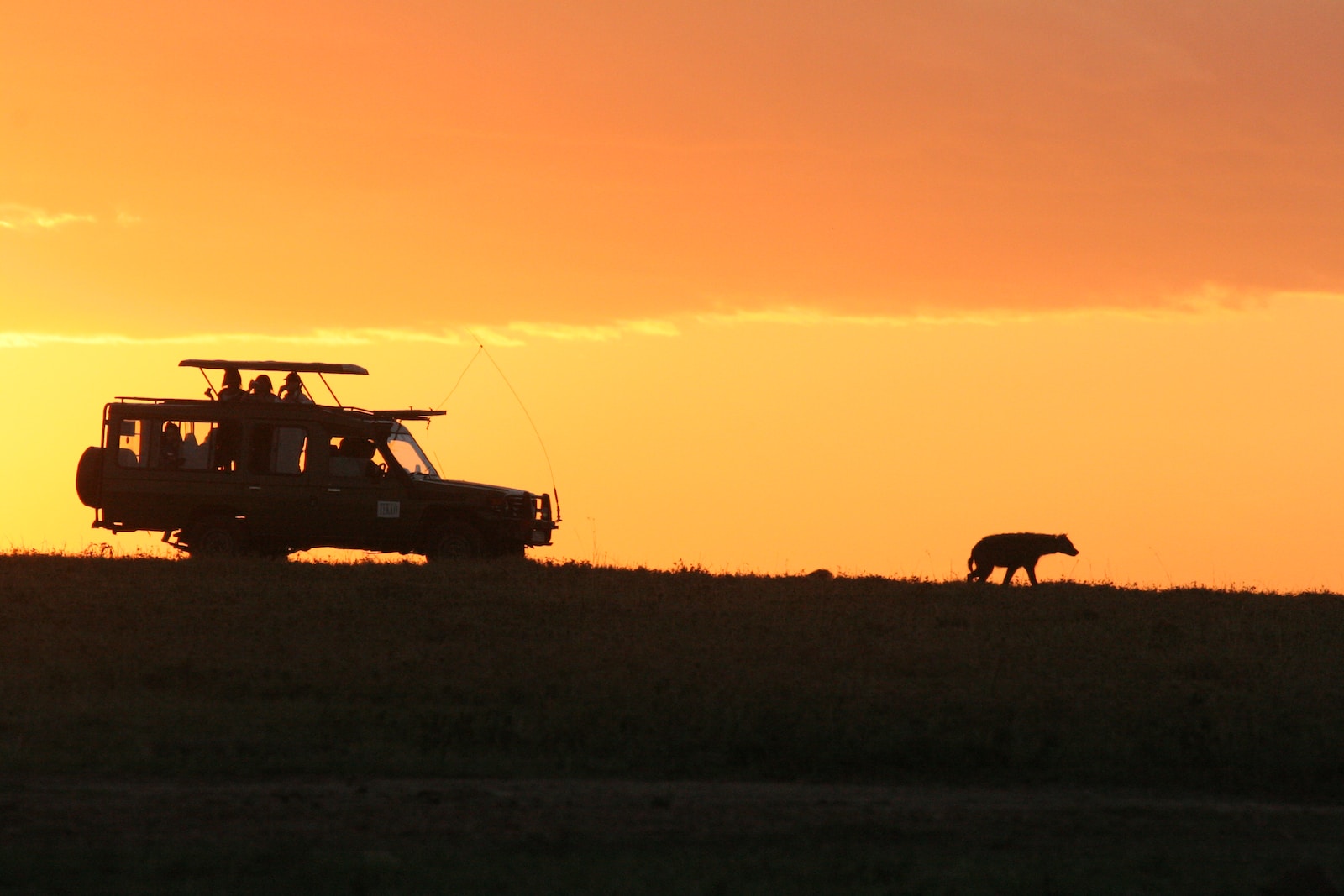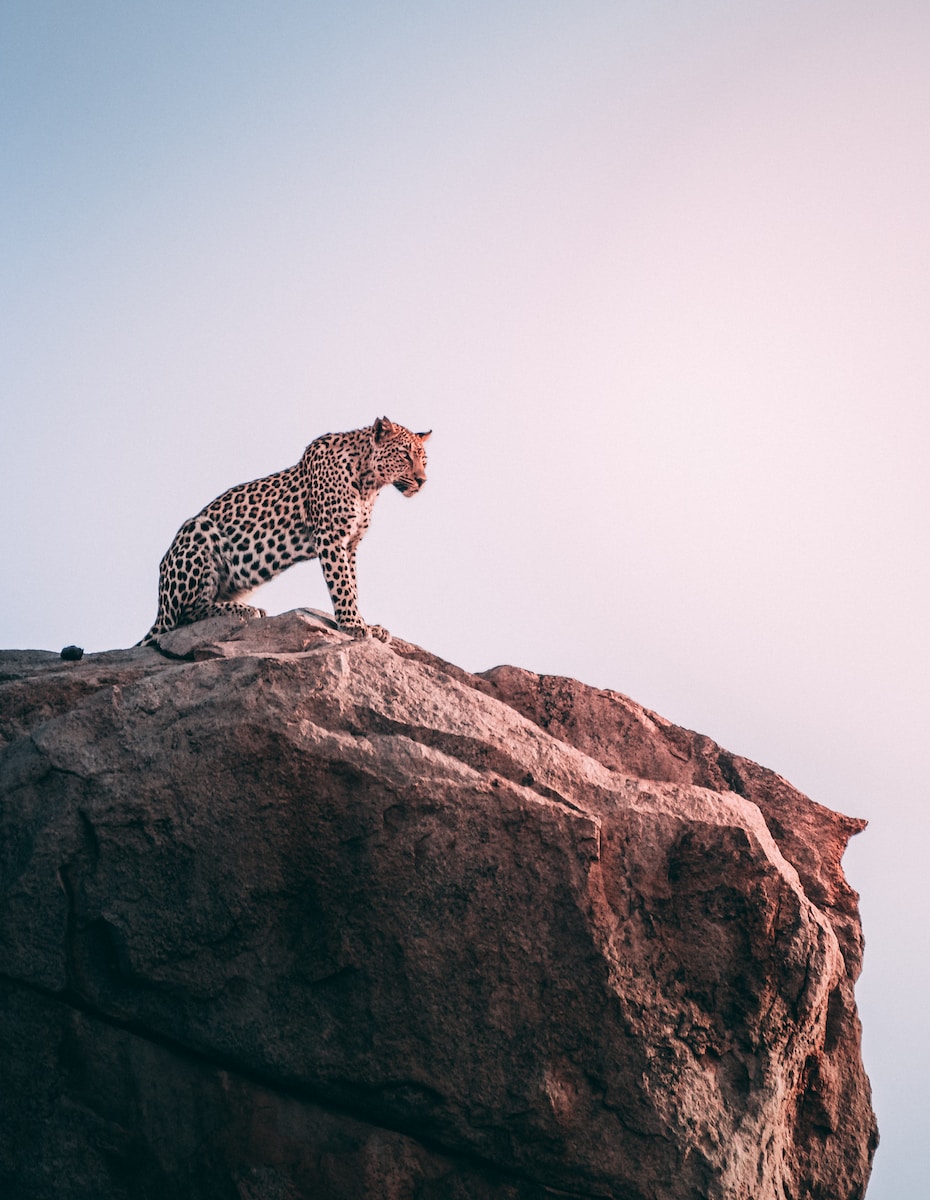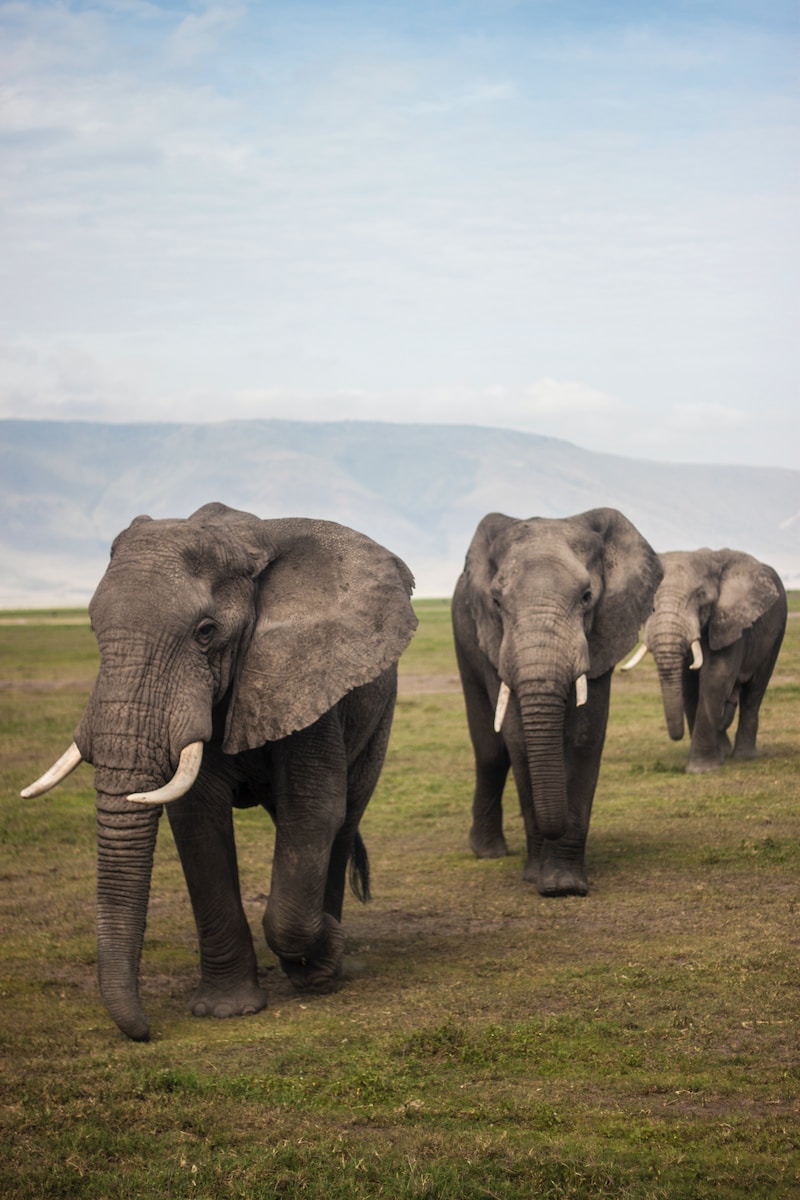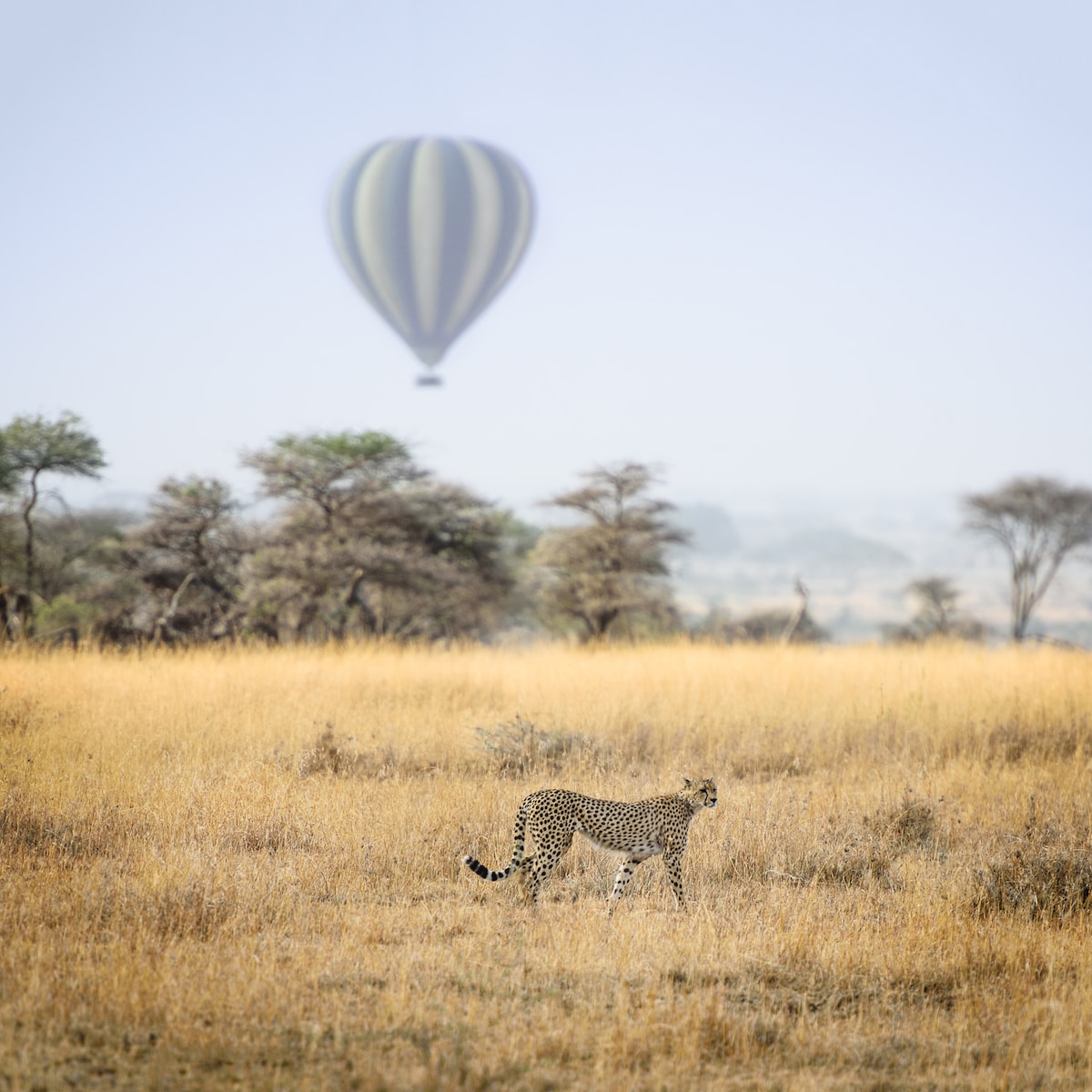Tanzania is a land of diverse wildlife and awe-inspiring landscapes.
It is home to some of the most famous national parks and game reserves in the world, making it one of the best safari destinations in Africa.
If you are planning a Tanzania safari, you might have some questions that need answers.
In this article, we will answer some of the most frequently asked questions about Tanzania safari to help you plan an unforgettable trip.
Tanzania is a country located in East Africa, known for its vast wilderness areas, including the Serengeti National Park, the Ngorongoro Conservation Area, and the Selous Game Reserve.
Tanzania is home to the iconic wildebeest migration and the largest population of elephants in Africa.
What is a Tanzania safari?
A Tanzania safari is an adventure to explore Tanzania’s wildlife and natural beauty, usually in a 4×4 vehicle or on foot, accompanied by a trained guide.
The safari can take place in one of Tanzania’s national parks, game reserves, or conservation areas, with the goal of seeing wild animals in their natural habitat.
What are the best time to go on a Tanzania safari?
The best time to go on a Tanzania safari is during the dry season, from June to October. During this time, the animals gather around waterholes, making them easier to spot.
The wet season, from November to May, is also a good time to go on a Tanzania safari, as the scenery is lush and green, and the birdlife is abundant. However, some areas might be inaccessible due to heavy rainfall.
What should I pack for a Tanzania safari?
When packing for a Tanzania safari, it is essential to bring comfortable, lightweight, and breathable clothing, such as long-sleeved shirts, pants, and a hat to protect yourself from the sun.
It is also important to bring sturdy, comfortable shoes, a waterproof jacket, insect repellent, sunscreen, and a camera with extra batteries and memory cards.
How much does a Tanzania safari cost?
The cost of a Tanzania safari depends on several factors, such as the time of year, the number of days, the type of accommodation, and the mode of transportation.
On average, a 5-7 day safari can cost between $1,500 and $4,000 per person, including park fees, transportation, accommodation, and meals.
How long should a Tanzania safari be?
The duration of a Tanzania safari depends on your interests, budget, and time constraints. A typical Tanzania safari lasts between 5 and 10 days, allowing you to see a variety of wildlife and explore different landscapes.
What animals can I see on a Tanzania safari?
Tanzania is home to a vast array of wildlife, including the Big Five: lions, leopards, elephants, rhinos, and buffalo. Other animals you might see on a Tanzania safari include giraffes, zebras, wildebeests, cheetahs, hyenas, hippos, crocodiles, and various bird species.
What is the wildebeest migration?
The wildebeest migration is a natural spectacle that occurs between the Serengeti National Park in Tanzania and the Maasai Mara National Reserve in Kenya. Every year, over two million wildebeests, zebras, and gazelles migrate across the Serengeti and Maasai Mara, searching for fresh grass and water. This is one of the most iconic wildlife events in the world and a must-see for any Tanzania safari-goer.
Can I combine a Tanzania safari with a beach holiday?
Yes, you can combine a Tanzania safari with a beach holiday. Tanzania has some of the most beautiful beaches in Africa, such as Zanzibar, Pemba Island, and Mafia Island. After your safari, you can relax and unwind on the beach, swim in the crystal-clear waters, or try snorkeling or diving to see colorful marine life.
Is Tanzania safe for tourists?
Tanzania is generally a safe country for tourists, but like any other destination, it is essential to take precautions and be aware of your surroundings. It is advisable to avoid walking alone at night, particularly in urban areas, and to keep your valuables in a safe place. It is also recommended to follow the advice of your tour guide and listen to local news and updates.
Do I need a visa for Tanzania?
Yes, you need a visa to enter Tanzania. You can obtain a tourist visa on arrival at the airport or the border crossing, or you can apply for an eVisa online before your trip. The cost of the visa varies depending on your nationality and the type of visa you need.
What is the currency used in Tanzania?
The currency used in Tanzania is the Tanzanian shilling (TZS). It is advisable to exchange your currency for Tanzanian shillings at authorized forex bureaus or banks, as most establishments in Tanzania only accept cash. It is also recommended to carry small denominations, as it can be challenging to get change for larger bills.
What is the official language of Tanzania?
The official language of Tanzania is Swahili, but English is widely spoken and understood, especially in tourist areas. It is advisable to learn some basic Swahili phrases to communicate with locals and show respect for their culture.
A Tanzania safari is a once-in-a-lifetime experience that offers a glimpse into the wild world of Africa. From the majestic lions and elephants to the awe-inspiring landscapes and the vibrant local culture, Tanzania has something for everyone.
By planning your trip carefully, packing wisely, and following some basic safety tips, you can have an unforgettable adventure that you will cherish for years to come.







